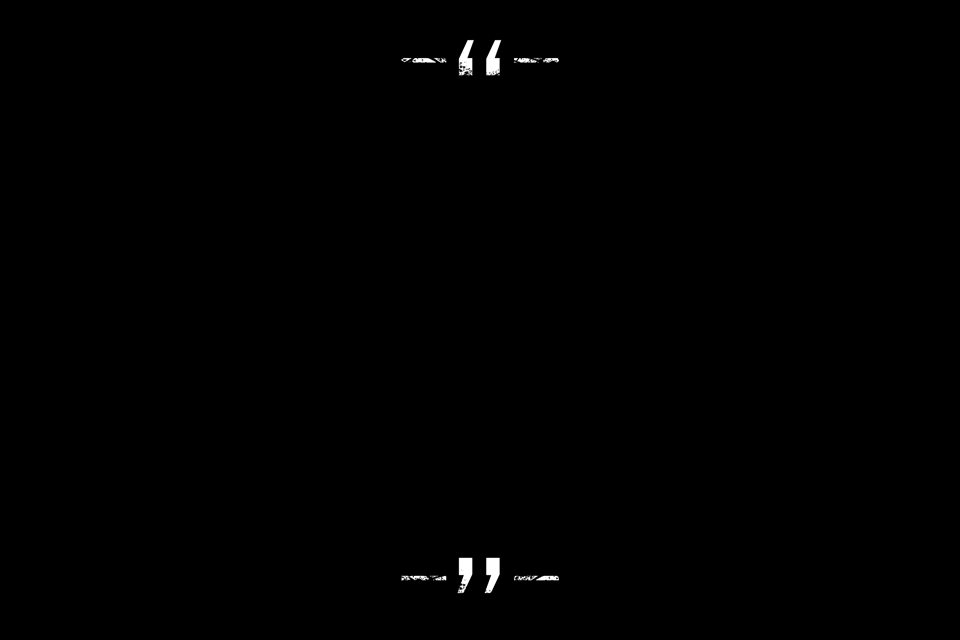Online commentators are seizing the moment
- Share via
Cable news came of age during the first Gulf War. Online commentary -- or blogging, as it is known -- may have found its moment in this second campaign against Saddam Hussein.
It is an unexpected turn of events.
Web logs -- hence the geekish contraction “blogs” -- began as cyberspatial diaries on which writers posted snippets of whatever came to mind or to their attention. Narcissism and tedious anarchy were the order of the day. Over time, the blogs began to take on many of the characteristics of privately printed 19th century pamphlets -- places where overlooked or simply eccentric preoccupations could be aired.
But as the form’s potential to reach a global readership almost instantaneously became clearer, it has become a favored medium for political commentators and opinion journalists with a desire to make their case with more urgency and timeliness than print -- or even television -- will permit.
The run-up to this second Gulf War has been an exhilarating period for the latter class of bloggers. In fact, the uncertain character of these past few months has seemed tailor-made for a medium that puts a premium on opinion, debate and the digestion of provocative information from more sources than anyone with a day job has waking moments to handle.
As the opinion polls have consistently shown, many serious-minded people of goodwill have found themselves conflicted over the necessity -- and morality -- of military conflict with Iraq. An unusual void has opened in a country increasingly divided along ever hardening partisan lines. The bloggers have stepped into that breach.
“The difference between now and the first Gulf War is that the energy in opinion journalism is now online and in real time,” said former New Republic editor Andrew Sullivan, who maintains one of the most engaged and literate blogs (www.andrewsullivan.com). “The weekly magazines, and even the op-ed pages, can’t keep up with the pace of blogs. And because we’re first, we can help frame and even in some cases lead the debate.”
Marty Kaplan, associate dean of USC’s Annenberg School for Communication and director of its Norman Lear Center, thinks the blogs have played a largely unappreciated and focused role in the months leading up to war.
“Cable television still reaches a relatively small audience,” he said, “and the number of people who read blogs is even smaller. But, in both cases, it’s an awfully influential audience, and the blogs in particular have helped set the tone for that influential group’s response to what’s been going on.
“One of the most significant things the bloggers do is a kind of meta-analysis. They’ve constructed what you might call a taxonomy of opinion that’s been particularly useful during this period. On the better blogs, you’ll get an outline of, say, the seven camps that opinion leaders have fallen into regarding the war. Over here are the ‘reluctant hawks’ and over here the ‘Tom Friedmanites,’ etc. By creating an anatomy of current opinion in this way, the bloggers give a certain clarity that you just don’t get from print media or television.”
If anything, according to Kaplan, the changes that cable news networks have undergone since the first Gulf War have created an important opening for the bloggers. “Nowadays, people need help getting their intellectual bearings because cable has become a torrent of ideology, dueling experts and data smog.” The bloggers, with their passion for opinion and contention -- and willingness to link to other bloggers and online news to further debate -- help cut through the fog of war reporting.
Reading them, said Kaplan, “you get a sense of what it might be like to attend a cocktail party of opinion junkies, if you had the time to hang around.”
Today, opinion blogs range across the political spectrum, and many are updated almost hourly around the clock with commentary and links to news of interest to the site’s writer. There now are sites for virtually every ideological and rhetorical predilection, but three mainstream commentators whose blogs are consistently sophisticated and thought-provoking are Sullivan, Mickey Kaus -- whose www.kausfiles.com is distributed by Slate, Microsoft’s online magazine -- and Washington-based journalist Josh Marshall (www.talkingpoints memo.com).
Glenn Reynolds’ www.instapundit.com provides not only an interesting digest of annotated global journalism, but also extremely useful links to other commentators’ sites. The American Journalism Review, in fact, calls InstaPundit “the Grand Central Station of Bloggerville.”
Just what blogs now have on offer was clearly displayed Monday night in the hours after President George W. Bush delivered his ultimatum to Hussein:
The British-born Sullivan, who strongly supports war against Hussein, was on the Web by 12:51 a.m. with what he regarded as key quotes from the speech. He judged the president’s argument that anti-American terrorists might one day obtain chemical, biological and even nuclear weapons from Hussein to be “the essential, to my mind, unanswerable case.”
Sullivan came away from the speech arguing that something important had been learned about Bush and British Prime Minister Tony Blair. “Neither man has blinked at evil. The only question in the next 48 hours is whether evil will blink before it is destroyed.”
His blog also summarized and linked to the full text of a chilling piece on the Iraqi regime’s recourse to torture by Ann Clwyd in Tuesday’s Times of London: “I do not have a monopoly on wisdom or morality,” she wrote. “But I know one thing. This evil, fascist regime must come to an end. With or without the help of the Security Council, and with or without the backing of the Labor Party in the House of Commons tonight.”
Kaus, whose site usually strikes one of the most resolutely analytic tones on the Web, said at 3:49 a.m. that Bush’s personal circumstances denied him the ability to use the one slogan virtually guaranteed to rally troops and public opinion: “Finish the job.”
At 2:11 a.m., Marshall posted a damning analysis of how the administration’s stabs at diplomacy had failed in the United Nations. By early Tuesday morning, InstaPundit had linked to a provocative piece by David Aaronovitch in the Guardian online, which reported the left-wing British newspaper’s polling showing that only six percentage points now separate the pro- and antiwar camps there. British “media groupthink,” blogger Reynolds wrote, “gives the impression that opposition to the war is near-universal, when it’s anything but.”
And so it went throughout the Web’s relentless new 24-hour opinion cycle. But, as President Bush’s war deadline passes tonight, the bloggers appeal may fade as the appetite for facts trumps the taste for opinion.
In the days ahead, according to Kaplan, “our hunger will be for reporting and hard news, or at least as much of it as we can get from these ‘embedded’ journalists who may turn out to be journalists in bed with their sources.”
Now, there’s another opening for bloggers -- one that Sullivan, for example, is eager to take up.
“I plan to be blogging around the clock during the war,” he said, “though I do agree that, in some ways, blogs are more important in the run-up to war. From now on, it’s tanks and missiles. But the blogs will be right behind.”


